Zuni Aurora Vargas Catalan
Apart from being Swedish, Zuni also has a Latino heritage. Both her parents were born in Chile and came to Sweden during the 80’s. Zuni was born in Sweden, but she explains that she has grown up in a “space between”, where she is both Swedish and not Swedish. She describes that she is from Latin America but that she is not Latina enough. Growing up, her parents wanted her to fit in while still giving her and her siblings a part of the cultural heritage with the Spanish language and dancing. Nevertheless, the traditions she has are either a mix of the two countries or created within the family.
However, not having a Swedish name nor blue eyes and blonde hair, Zuni explains that she was never seen as Swedish. She also points out that she never had any reason to go back to Chile, because her parents fled from the dictatorship.
Nonetheless, during the last years Zuni wanted to know more about who she was and what she came from, further back than just her parents and immediate family. Even her parents couldn’t answer some of her questions regarding if a habit or behavior is personal or typical for the Latino culture. That was a contributing reason why she decided to visit Chile to see where her parents grew up and to get to know more about her heritage. Zuni explains that she truly enjoyed the sights, people, and nature in Chile. However, maybe the most fascinating discovery was to find closure of who she is in relation to all of that.
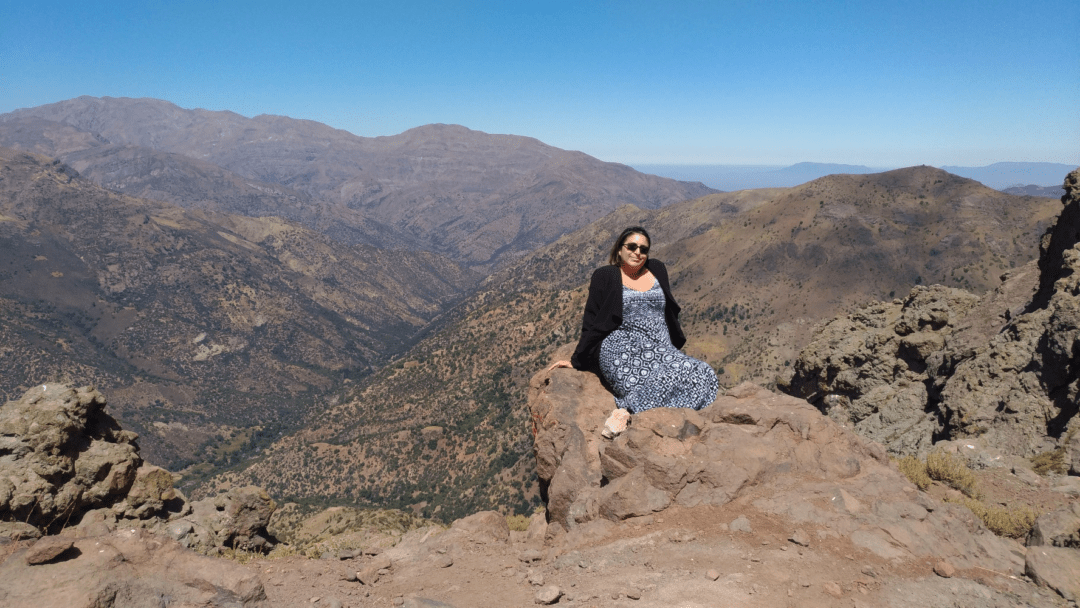
Zuni lives in Gottsunda, a neighborhood in the city of Uppsala, north of Stockholm. Gottsunda is close to nature and is filled with both diversity and culture. There are statues and arts around every corner. According to Zuni, the area isn’t always seen as safe and is labelled a “problem area” as it is a socioeconomically vulnerable neighborhood, but there’s a richness in art and literature. All the streets are named after people, musicians or instruments.There is just a five-minute walk from her house to the bus station, with lamp posts with blue lights which illuminate the area and gives it an artistic atmosphere.
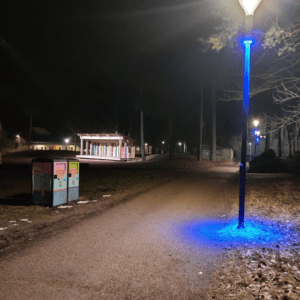
In her neighborhood, people of all ethnicity and age live together. There is also a willingness to help each other. Zuni explains that one person started a collective library where you can borrow everything from hammers to other tools, so people that can’t afford to buy them can borrow them instead. Additionally, the collective library is also valuable from an environmental standpoint, which Zuni really appreciates. A sustainable attitude seems to surround the area, and there seems to be a willingness to continue the trend.

Zuni’s favorite family tradition is that when you are first visiting her and her family, you are a guest, but any time after that, you are considered family. Zuni clarifies that it means that no matter who you are, you can always come and share your burdens and sorrows but also your happiness and accomplishments. She was taught that you should always be kind to a stranger, but anyone who comes closer than that should be treated as family. Zuni thinks that it is extremely important to spread kindness, particularly in the ongoing political climate with wars and climate change. With so many different expressions and opinions on social media, Zuni says it is important to form relationships with people we don’t always agree with. She gives an example: “you can have relatives you don’t get along with, but you still have a connection with them, which means you still welcome them. I am not saying you should tolerate any kind of behavior but at least have the courtesy to try to understand other perspectives and beliefs.”

Zuni loves sharing Chilean food with other people. She says that warm food and the comfort of a kitchen can become a special meeting place and she likes to invite people and give them the food she grew up with. According to Zuni, food is an excellent way to bring people together. She says that even without knowing the same language, you can connect over food. She describes it in the following way: “you can just look at each other and enjoy the taste together. A smile or gesture is enough to communicate the feelings food brings.”

Zuni says that she loves all holidays because that means spending time with the people (and pets) that she loves. Her favorite childhood tradition is when her mom implemented “love Thursdays”. Every Thursday during dinner time, Zuni and her family would express their gratitude for something or what they loved about themselves or the people around them. Zuni explains that it was great for her family to express their feelings and to show gratefulness and love, as well as extending that to themselves and others. She emphasizes the importance of celebrating small things and knowing how to appreciate ourselves and other people. That is even more important now, in this digital era, according to Zuni, as she claims that social media makes people lose the genuine connections they could otherwise have.
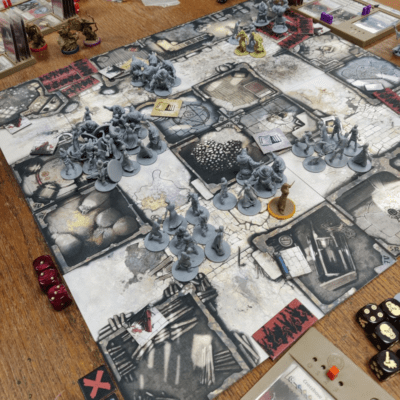
In her free time, Zuni enjoys reading, baking and hanging out with friends or family. She is also a fan of board games. Her favorite is a game called Zombicide. She has been playing it since 2012, and she explains that she has different friend groups that she has been playing with over the years. Every game comes with 10 missions. There are several editions, both in modern times, medieval times and in space!
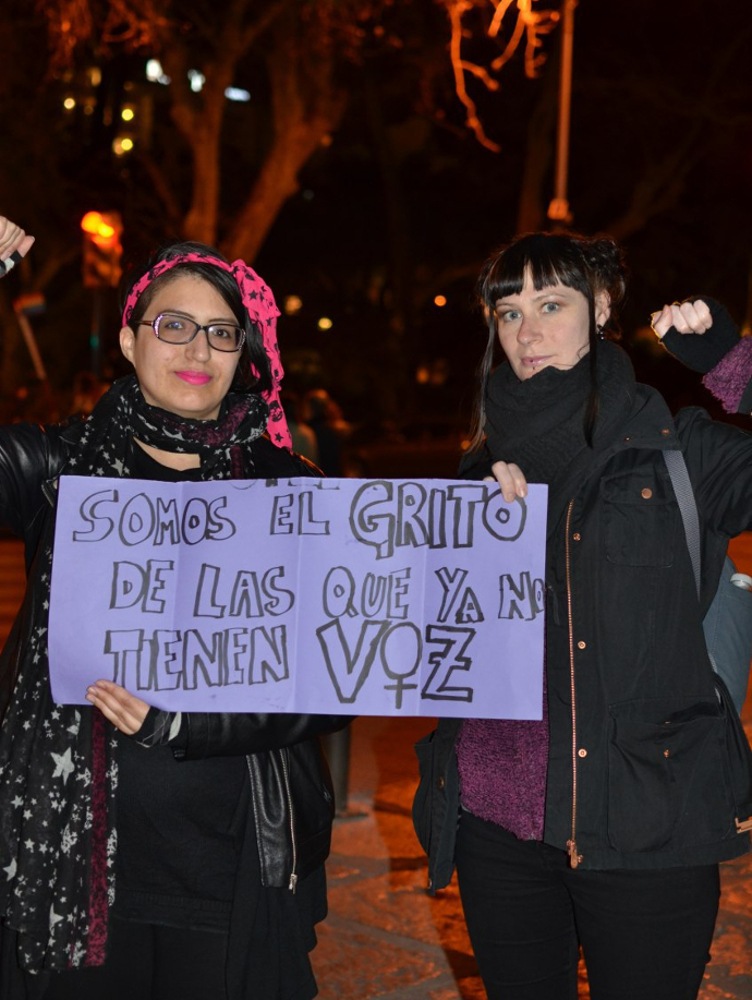
Zuni says that she doesn’t have a certain person as her biggest inspiration, that she is more inspired by people who are extremely passionate about something. She says that it doesn’t matter what you are passionate about. It doesn’t have to be about making a difference, even though she also finds that inspiring. Zuni claims that everyone can make a difference, but that you must focus on one or a few things. Everyone can’t do everything, but everyone can do something.
For the future, Zuni hopes that someday there will be a better world. She wants equality for everyone and for anyone to be able to love who they love and to be who they are. Zuni wishes that every child will be able to go to school without worrying about war or politics. She also hopes for a more sustainable world where everyone could be fed, and the world’s resources are not exploited or used up.
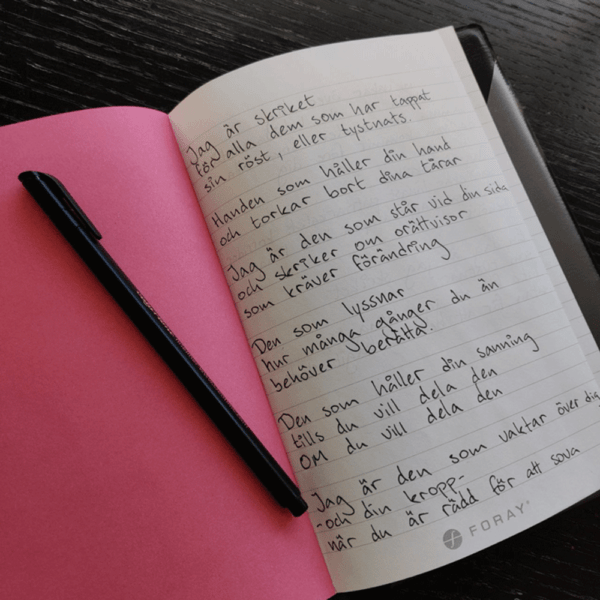
Zuni loves poetry and last year she competed in the poetry slam. Mostly she writes for herself, but she has started sharing her work because she has seen the impact words can have with other people. She has noticed that many people feel the same way or can’t express themselves so when they find another person’s voice, they may be able to find their own voice. Another person’s words could express something you aren’t capable to formulate in your own words, Zuni says. In poetry people can find solace, validation, or redemption, as well as meaning.
